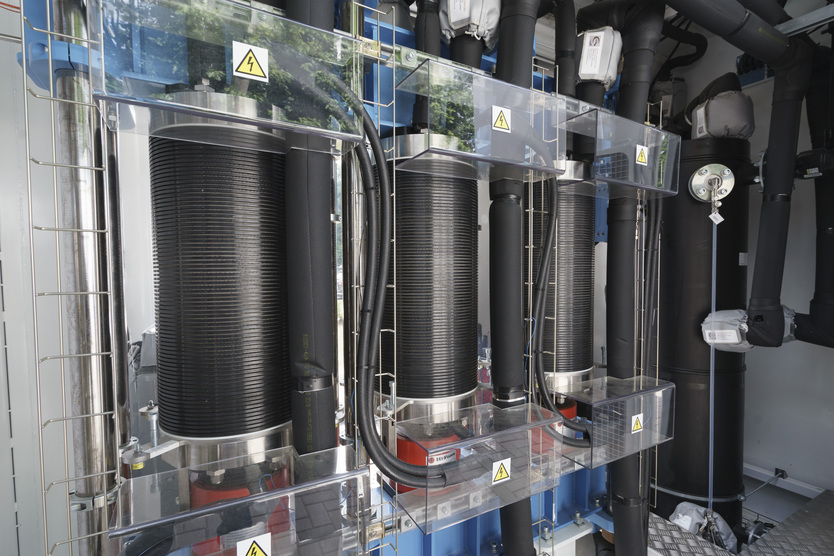
The market acceleration of heat pumps for home heating and cooling is vital for Germany’s energy turnaround. The Fraunhofer Institute for Solar Energy Systems (ISE) has therefore launched the research project “LC150” to develop a new kind of heat pump which will dramatically reduce harmful greenhouse gas emissions and be economically viable.
EU regulations from 1990 require that fluorinated greenhouse gases emitted by refrigerants are reduced by 70 percent by 2030. Propane is the most suitable natural refrigerant for the heat pumps: it is widely available and has excellent thermodynamic qualities, as well as having an emissions rating which is 500 times lower than most refrigerants in use today.
"Currently the industry is working in parallel on the many aspects dealing with the conversion of propane heat pumps. Thermodynamically, propane classifies as a very suitable refrigerant, however because it is flammable, it might need more security measures. Reducing the volume of refrigerant required is therefore obvious and also possible to a significant extent, as our preliminary work has shown," summarises Dr Lena Schnabel, head of the Department of Heating and Cooling Technology at ISE.
Her team are working on a circuit system which uses brine water cooling and requires only 150 grams of propane for a heating capacity of 8 kilowatts. Overall, it would result in a 75 percent reduction in greenhouse emissions. A compact heat pump could be placed inside the home in the form of a refrigerator.
The LC150 project is creating a joint development platform for partners (including Vaillant, Kermi GmbH, Bosch Thermotechnik GmbH, Viessmann GmbH, BDR Thermea and ait-deutschland GmbH) which will enable significant cost reductions for manufacturers. The project is mainly funded by the Federal Ministry for Economic Affairs and Energy (BMWi).


